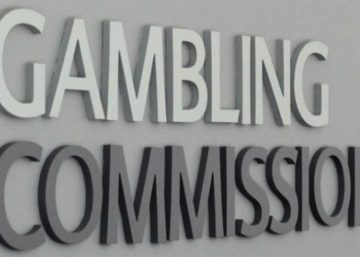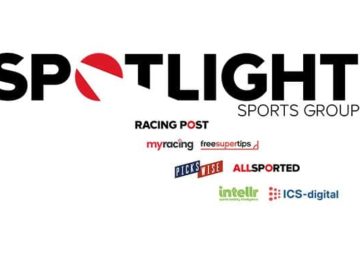Analysis: William Hill warning highlights affiliate risk in new markets
Earlier today, William Hill sent out a message to its affiliate partners, warning them against promoting unlicensed US operators alongside its own marketing materials. In its message, the operator told affiliates to remove all William Hill promotions from any website that also displays links or advertisements for illegal brands. Failure to do so may result in immediate account closure.
William Hill is by no means eager to close the accounts of its affiliates. If it wanted to shut down its affiliate arm it could do so overnight and with no warning at all. It takes time to establish these relationships and for the most part, they are mutually beneficial. However, it is obviously far more lucrative for the company to continue operating in the US; it can find different marketing streams just around the corner.
This development highlights the risk affiliates face in newly regulated markets. It has been less than two years since sports betting was approved after PASPA was overturned in the US. In the short window since, we have seen revenue rise and rise across the country and everyone wants their share of the pot.
Nevada has obviously been betting on sports for decades, but now that individual states are allowed to permit the vertical where they see fit, we might see further changes drafted into already established legislation should the law be broken continually. This is a danger for all affiliates, not just those that promote illegal operators.
Understanding the nuances of the gambling industry can be tricky and I do not think all US legislators will be well versed in affiliate operations. As a result, if certain affiliates continue to ignore warnings from their partners, we could see a knee jerk reaction that results in the US gambling affiliate world shut down before it ever really got going.
When an operator like William Hill is looking over its shoulder as regulatory bodies observe its every move, it does not want to be associated with untrustworthy affiliates. It cannot risk a lapse in judgement. With moving into the US, operators have new options. There are clearly similarities between the US and European affiliate market, but the differences might just outweigh those. If traditional affiliates do not follow legislation and the warnings of operators, they may be forced to move over and let in some new players.
US sports media will be eyeing up the affiliate potential presented in the sports betting market. Brands like ESPN, Fox Sports and NBCSN have the size and resources required to add a new component to their company in a short space of time. They are already looking into and launching sports betting based content, so the jump into the affiliate space would be short and swift.
These companies have the audience and reach to make a significant difference to an operator’s revenue. That size, however, could cause issues when it comes to negotiations. ESPN for example, is a global brand and is unlikely to accept the same terms as a comparatively small, gambling-focused affiliate.
The relationship between affiliates and operators is often difficult to manage. Widely discussed at conferences and in debates, the pair has trouble trusting each other. Clear communication is an essential tool to fix these issues.
I fear that with William Hill’s email, many affiliates will see it is a threat without consequence. While nobody can question the clarity of the words, to send out the same message to all of its partners, void of any personal touch, will not help relationships. Years down the line, this might be seen as a pivotal moment, and it appears that neither side of the partnership went out of their way to help the other. As with any new venture or market, there are risks and rewards. Now that the US sports betting market has found its feet, the affiliate dangers are making themselves ever clearer.
source: Gambling Insider







